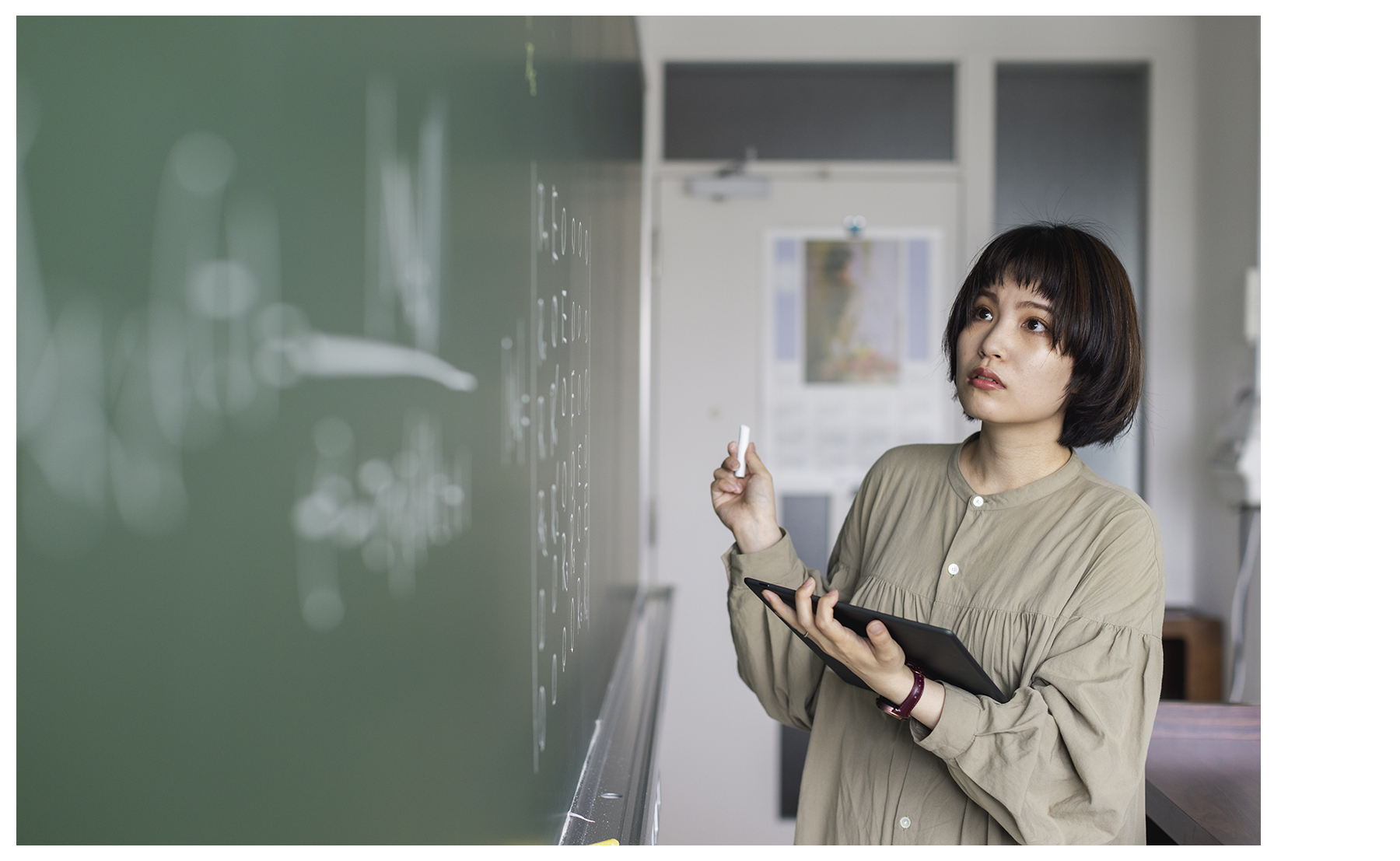I am conducting research in knot theory, a branch of low-dimensional topology. A knot is a shape formed from a single unbroken loop of string, and the study of knots has applications not only in mathematics, but also in a wide range of fields such as the study of DNA and protein structures, as well as phase transitions in statistical mechanics. One of the central themes in knot theory is the classification of knots. Two knots are said to be equivalent if one can be transformed into the other through a series of deformations similar to those used in string figures (known as Reidemeister moves). In knot theory, it is common to use quantities called knot invariants, which remain unchanged under such transformations, to study knots. Many different invariants have been explored. Among the most well-known are the Alexander polynomial and the Jones polynomial, both of which assign a polynomial to a knot. My own research focuses on polynomial invariants that generalize the Alexander polynomial.




- Name:Airi ASO
- Position:Assistant Professor of Mathematics
- Laboratory:Geometry
- Hometown:Chiba
- Favorite Books:“Plants that changed the world”
- Research area:Knot theory
- Posted Date:Jul 28, 2025
1.What kind of the research are you doing?
2.What is the reason for starting your study?
When I was in high school, I was more interested in physics than mathematics. However, due to the curriculum at the university I entered and a television program I happened to watch during my undergraduate years that introduced topology, I became fascinated by the subject. This led me to want to study topology—a branch of mathematics—particularly focusing on shapes that exist in three-dimensional space and can be visualized.
At the time, I wasn’t particularly interested in knots themselves. It was only after entering graduate school, when a professor recommended the textbook Introduction to Knot Theory, that I gradually began to develop an interest in knots. Now, I truly appreciate the beauty of knots as geometric objects.
3.Message for prospective students
I didn’t go to university with the intention of studying mathematics, so there were times when I felt lost and unable to see a clear future. However, by focusing on what I wanted to do at each moment and doing my best, I gradually came to love mathematics, and now it’s my career. You may also feel uncertain about your future or question whether you’re making the right choices. But remember, the true outcomes take time to reveal themselves, so trust the path you’ve chosen for now. And if you ever decide you want to study mathematics, the Department of Mathematics at Tohoku University offers an excellent environment. If you have even a slight interest, why not come and learn with us?

